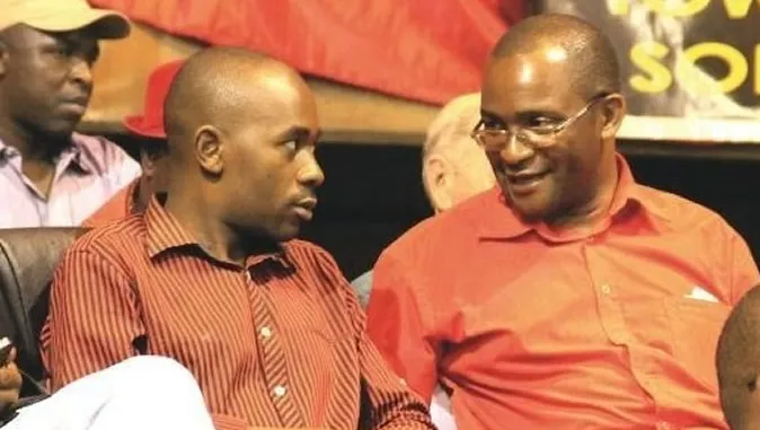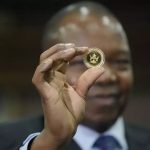 Zimbabwe is expected to hold a general election this year. However, President Emmerson Mnangagwa has yet to announce the poll date publicly, and his ability to do so could be delayed by a court complaint filed against Zimbabwe’s electoral commission by one of the country’s opposition parties.
Zimbabwe is expected to hold a general election this year. However, President Emmerson Mnangagwa has yet to announce the poll date publicly, and his ability to do so could be delayed by a court complaint filed against Zimbabwe’s electoral commission by one of the country’s opposition parties.
Nevertheless, when it does take place, the election will be the second since a military coup ousted Robert Mugabe in 2017. Mugabe’s removal from power gave way to cautious optimism about a new dawn in the country’s post-independence affairs. But more than five years since he was succeeded in office by Mnangagwa, the hope for a more peaceful and prosperous Zimbabwe has all but evaporated.
In 2018, the country’s electoral commission declared Mnangagwa the winner of that year’s general election by a margin of just 36,000 votes over Nelson Chamisa, the younger, popular candidate for the main opposition party, Movement for Democratic Change, or MDC. The announcement triggered post-election demonstrations in Harare, Zimbabwe’s capital, to which security forces responded with heavy-handed violence against peaceful protesters, killing at least six people.
The landscape of civil liberties and political freedoms in Zimbabwe has only worsened since then. Human rights abuses by security forces are widespread, as are arbitrary arrests of journalists and civil society activists. Mnangagwa’s ruling Zimbabwe African National Union-Patriotic Front, or ZANU-PF, leverages its control of key state institutions—including the judiciary, the electoral commission and the security agencies—to harass opposition leaders, making it difficult for them to compete on a level playing field.
However, threats from the state are hardly the only worries the opposition must contend with. Zimbabwe’s opposition parties are in a much weaker position today than they were in 2018 because of severe infighting, which has led to yet another factional split involving the Movement for Democratic Change, or MDC. The MDC was formed in 1999 as an opposition party to Mugabe’s ZANU-PF, and for years it was led by Morgan Tsvangirai. A perennial opposition presidential candidate, Tsvangirai served a four-year term as Prime Minister from 2009 to 2013 after the contested 2008 presidential election led to a brief South Africa-brokered power-sharing government.
But the MDC was long plagued by internal divisions, including a major split in 2005 ahead of a crucial legislative election. The two factions reunited before the 2018 general election, forming an electoral pact to compete against ZANU-PF. But that accord was short-lived. In January 2022, at the end of a legal battle to determine control of the party, Chamisa lost the legal ownership of the party’s name to Douglas Mwonzora, the leader of the rival MDC faction. Chamisa and his allies went on to form a new party, the Citizens Coalition for Change, or CCC, in January 2022.
Chamisa was chosen as the party’s presidential nominee in April. But the procedural deck is heavily stacked against the CCC in this year’s general election. ZANU-PF enjoys the advantage of incumbency, with all the access to levers of state patronage that comes with it. The ruling party controls Zimbabwe’s judiciary, security agencies and the key institutions overseeing the election.
Continued next page
(115 VIEWS)

